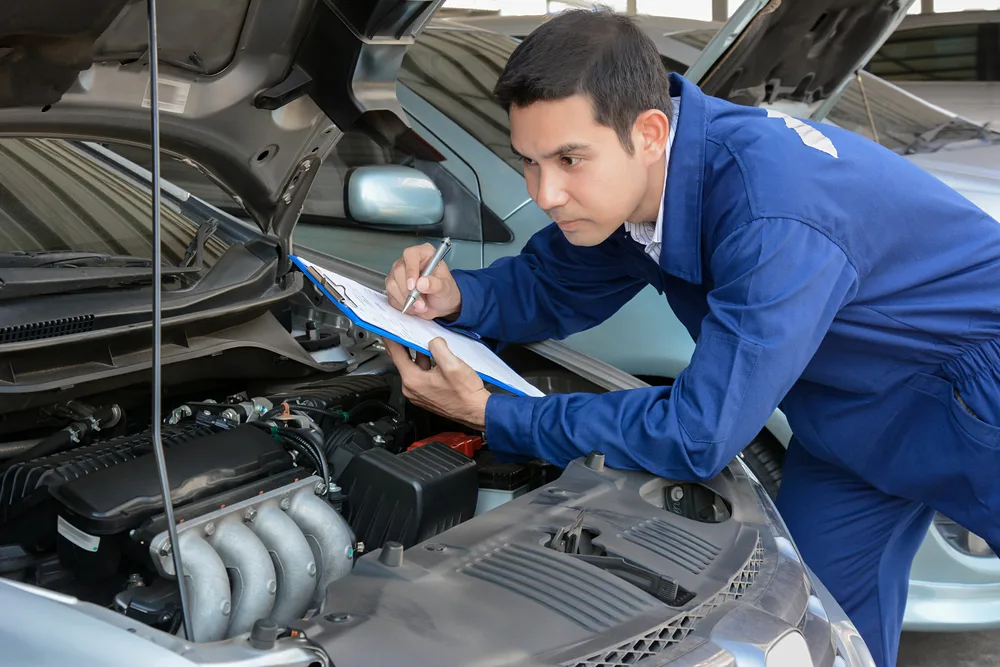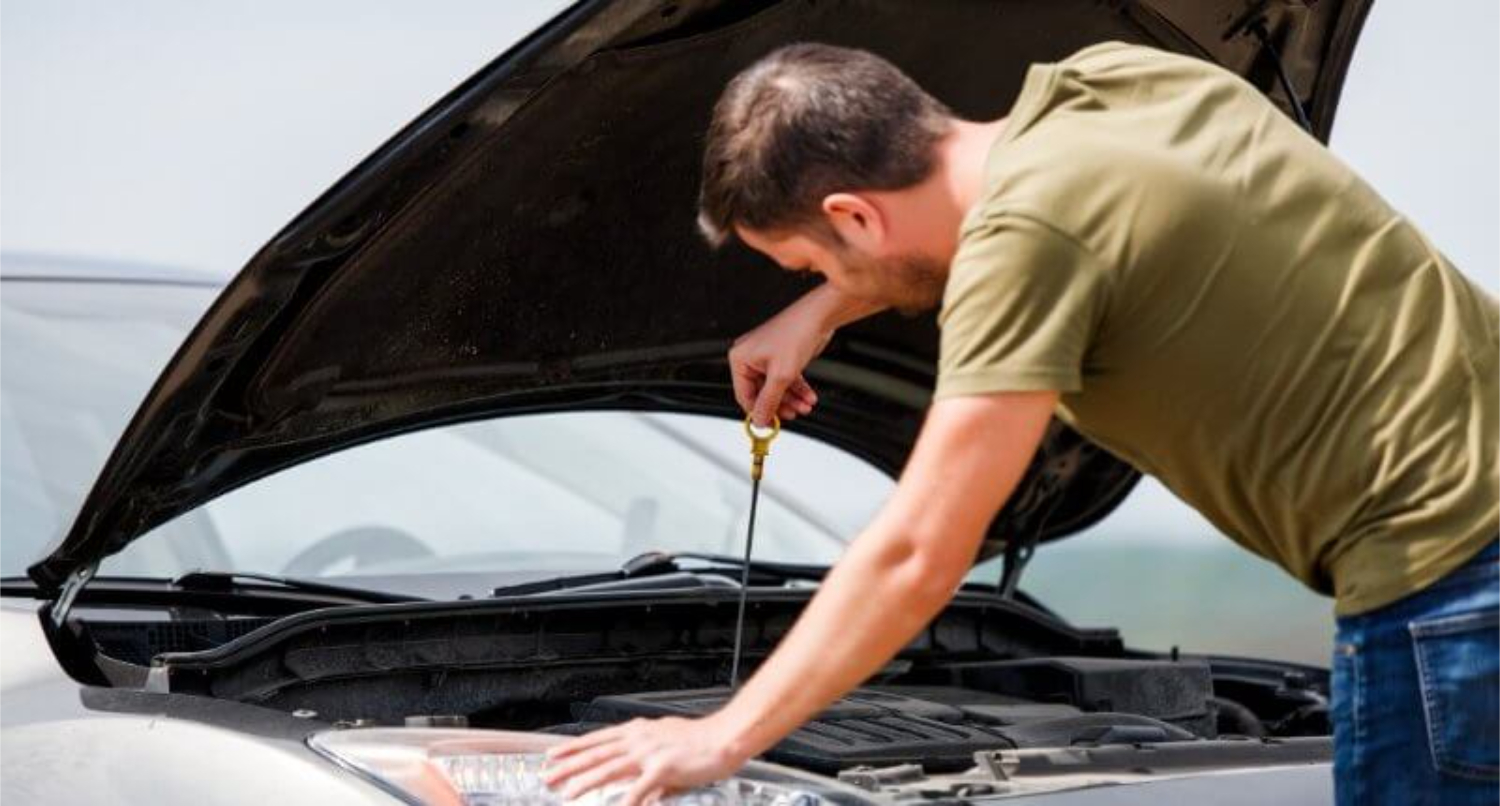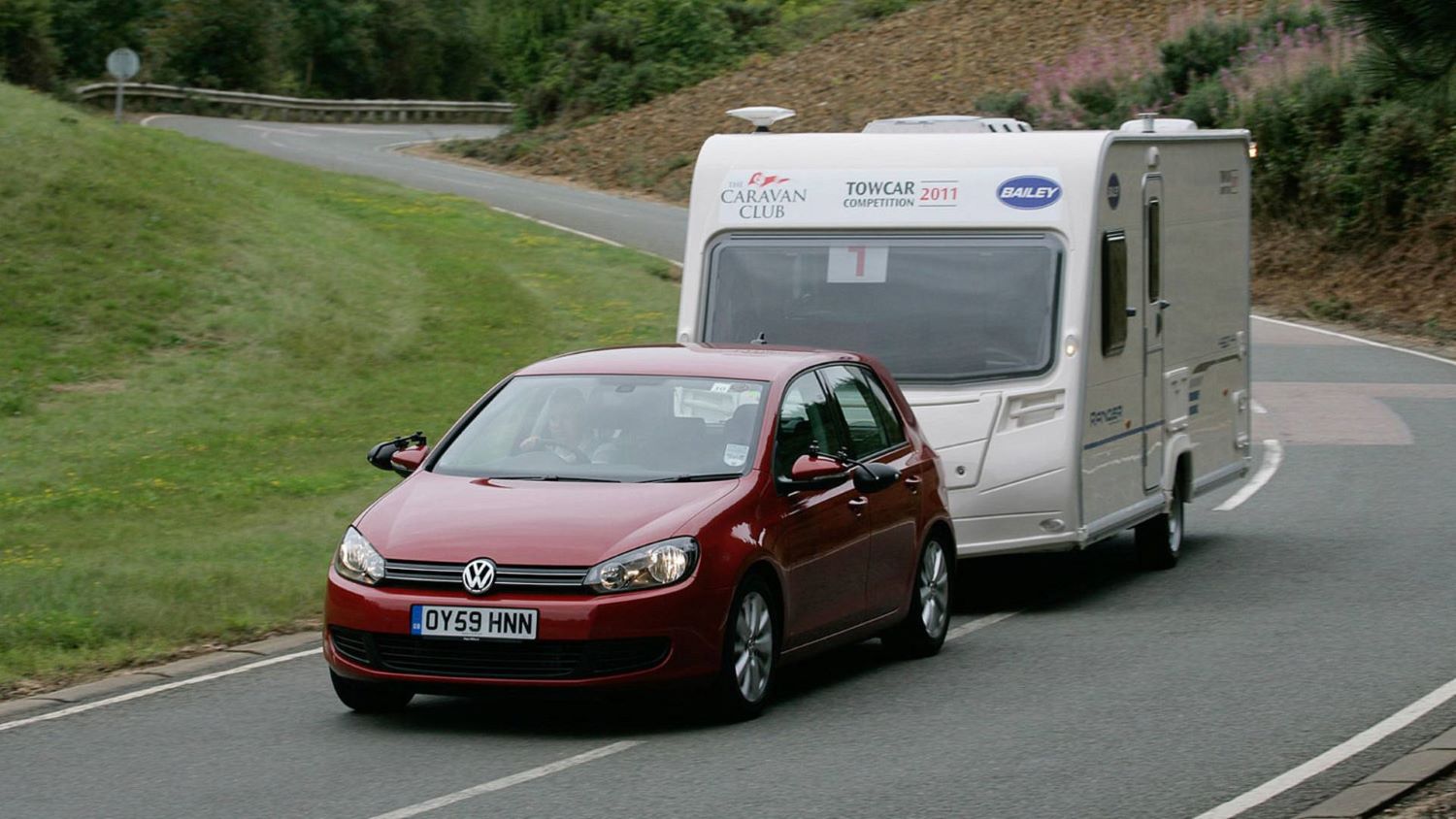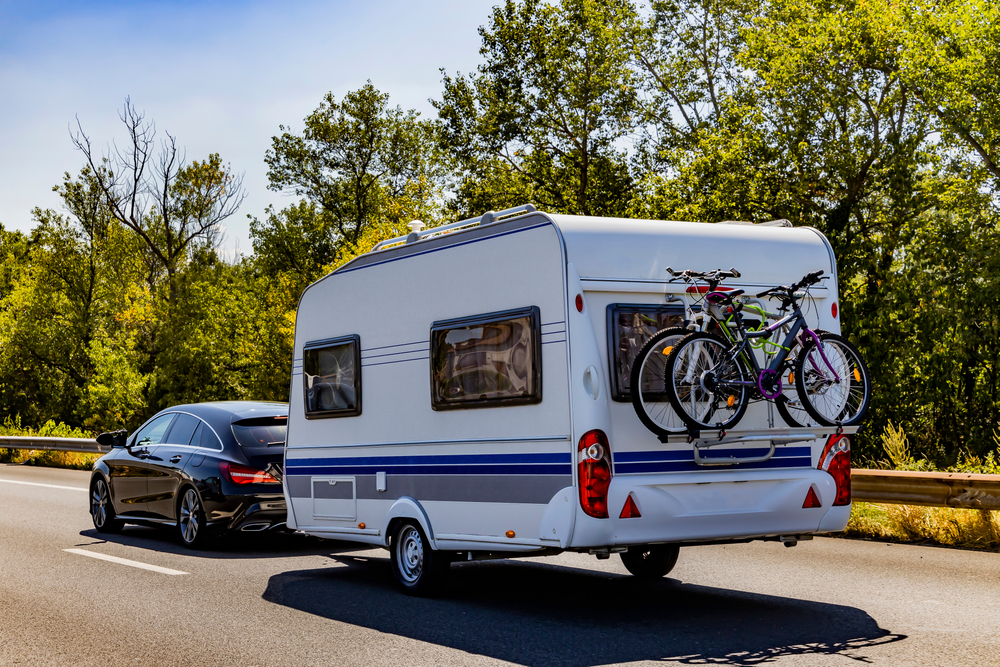Are you thinking of hauling that boat or camper this summer, but your vehicle just can’t cut it? Don’t lose hope – there may be steps you can take to boost your tow weight. Let’s explore a few options for squeezing more capacity from what you drive with this article on how to increase towing capacity.
To increase towing capacity safely, upgrade your vehicle to one rated to tow more weight. Look for a more robust engine and transmission model, upgraded brakes and suspension explicitly made for heavier loads. Stay within the manufacturer’s ratings.
Suppose you need heavy-duty towing in Arizona. In that case, some cost-effective modifications might be significantly helpful when you’ve outgrown your current vehicle’s towing limits but still want to haul that camper or trailer on family trips and weekends away. While upgrading vehicles is the ultimate solution, these tweaks can help increase your towing capacity in a pinch, ensuring you stay within the maximum rated capacity and tow safely. Check out this article on increasing towing capacity for insights that could enhance your towing experience in Arizona’s challenging terrain. We hope this article on how to increase towing capacity.
Check Your Vehicle’s Factory Towing Rating to Increase Towing Capacity
Finding your vehicle’s towing rating is easy. Check your owner’s manual first, usually under “T” for towing. It will list the maximum safe tow weight. If you lost it, search online for your vehicle’s make, model, and year. The automaker’s website has a rating.
You can also call or visit the dealership where you bought it. They can tell you the limit without issue. Getting the limit from the company that made your vehicle ensures you know exactly how much weight it can tow safely without worries. Let us read on to learn more on how to increase towing capacity.
Consider Common Upgrade Options
You can upgrade parts to tow more weight safely. First, improve cooling with a bigger radiator and fans so the engine doesn’t overheat. Upgrade the suspension, too – stronger springs, shocks, and sway bars handle the extra weight better. The brakes work harder, too, so consider new rotors, pads or larger discs.
Transmissions can overheat, so an oil cooler helps. Axles deliver power but stress more when towing, so beefier aftermarket axles are best. Finally, match your hitch and trailer brakes to your vehicle’s rating. Focus on cooling, suspension, and brakes first, as they work the most. Transmission, axles or a hitch upgrade may also help if needed. Minor tweaks can make towing heavy loads safer and can increase towing capacity.
See also: 8 Car Customization Apps To Make Your Car Awesome!
Calculate Your Vehicle’s Towing Limit
Here are the steps to calculate your vehicle’s towing capacity:
- Find the curb weight and Gross Vehicle Weight Rating (GVWR) in your owner’s manual.
- After that, subtract the curb weight from the GVWR. This gives your vehicle’s total payload capacity, including passengers and cargo.

- Determine the weight of your trailer by checking the VIN plate. Make sure this weight doesn’t exceed 80% of your tow vehicle’s towing capacity.
- Consider installing a weight distribution hitch, which helps distribute the tongue weight. This allows you to tow closer to the vehicle’s maximum capacity safely.
- Lastly, take payload capacity and opt for lighter cargo to tow heavier trailers. Distributing weight properly makes towing safer and more accessible. These steps are very important to increase towing capacity.
See Also: 14 Best Car Designing Software For Professionals [Updated]
Match Your Trailer to Your Vehicle’s Class Limit
Choosing a trailer hitch that matches your vehicle’s towing capacity is essential. Trailer hitches come in classes based on how much weight they can handle. Class 1 hitches are for small utility trailers, while Class 5 hitches can tow hefty loads. Know your vehicle’s towing limit, which depends on factors like its engine and axles. Actually, this will determine the suitable hitch class – usually the same as your vehicle’s tow rating. Stick to your vehicle’s class limit to increase tow capacity and tow safely without overloading it.
Know your vehicle’s towing limit, which depends on factors like its engine and axles. Actually, this will determine the suitable hitch class – usually the same as your vehicle’s tow rating. Stick to your vehicle’s class limit to increase tow capacity and tow safely without overloading it.
See Also: Best 10 Digital Compasses For Cars | Complete Guide
Consider the Risks of Exceeding Limits
Going over your vehicle’s maximum towing capacity can be very dangerous. The extra weight puts more strain on critical components like the engine, transmission, brakes, and suspension. This makes it harder for your vehicle to accelerate, brake, and steer the trailer safely. It increases the risks of the engine or transmission overheating and failing. 
Heavy braking can cause the brakes to overheat and stop working, too. More weight also makes it harder to control the trailer, which may start to sway on the highway, putting the truck at risk of an accident. Always stay within your vehicle’s rated towing limit to avoid these risks. It’s not worth damaging your car or risking lives just to tow a slightly heavier load. So this is all about how to increase towing capacity.
Conclusion
While pushing your vehicle’s limits may be tempting, towing within its rated capacity is the safest option. Going over the maximum puts undue strain on components and jeopardizes control. The extra weight also cuts into fuel economy. Instead, consider upgrading to a larger vehicle if your towing needs outgrow what’s recommended. Your safety and that of other drivers should always be the top priority when hauling a trailer down the highway. Tow smart to enjoy towing for many miles to come! We hope this article on how to increase towing capacity has helped you know everything about it.
